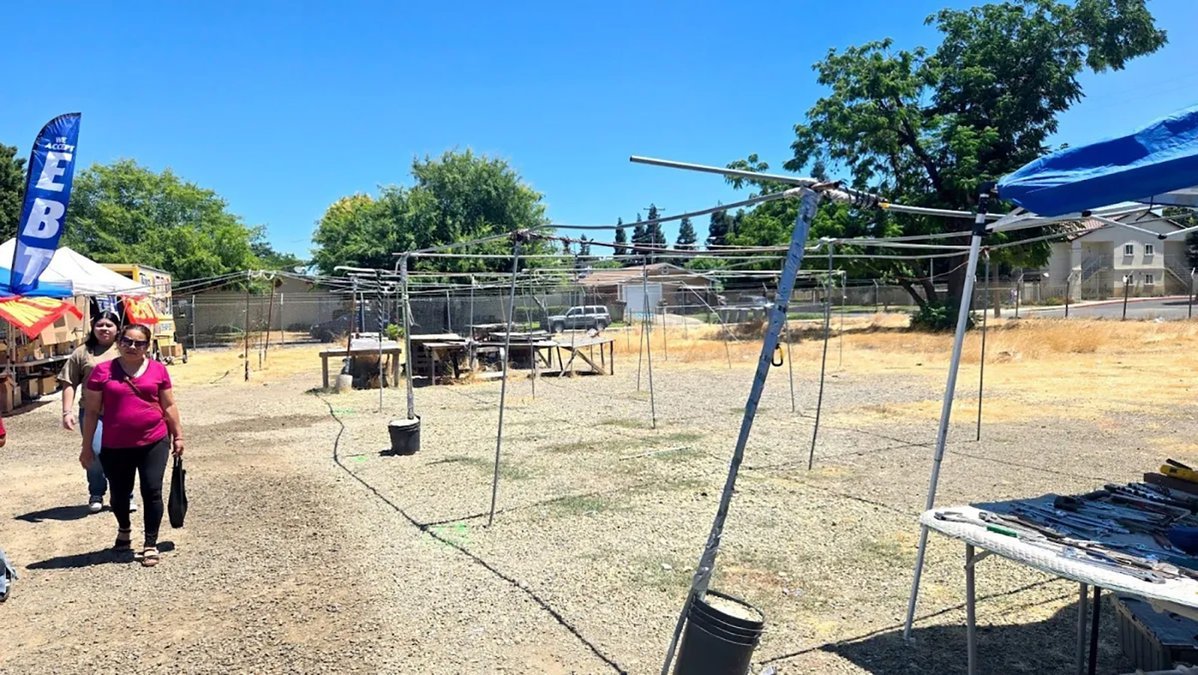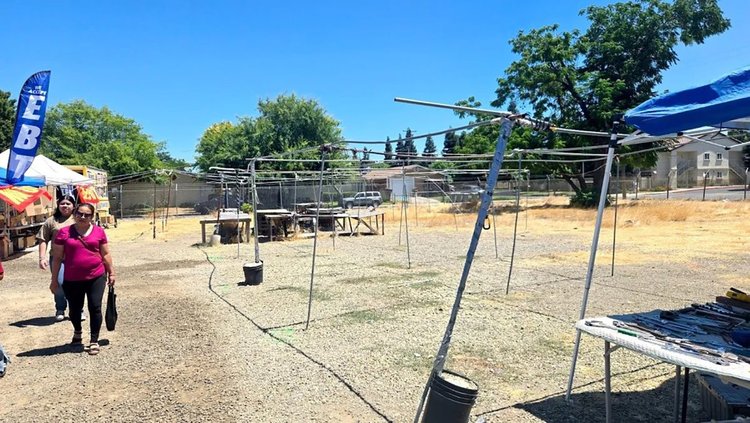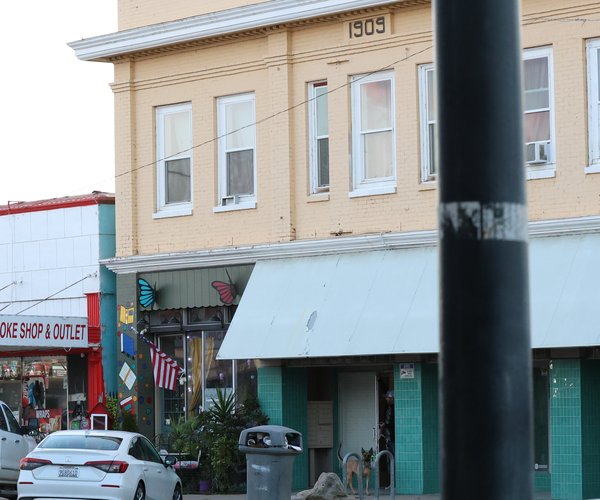New research by UC Merced’s Community and Labor Center shows the immigration policies of President Donald Trump is having a chilling effect on employment rates throughout the state.
The center analyzed changes in the number of California workers and the rest of the U.S. between the weeks of May 11 and June 8 — the period before and during the recent escalation in federal immigration enforcement in the state — and found that persons reporting for private sector work in California decreased by 3.1 percent..
“Since 1976, when data from the Bureau of Labor Statistics is available, only during the COVID-19 pandemic did California experience a greater month-to-month downturn in work (an increase in unemployment from 4.3 percent to 6.3 percent from February to March 2020, and then an increase in unemployment from 6.3 percent to 15.7 percent from March to April 2020),” the report stated. “The second comparable historical case is that of the Great Recession, when the state’s unemployment rate jumped 3.3 percent, from 5.8 percent to 9.1 percent during the first twelve months of the recession (December 2007 to December 2008). By comparison, the recent escalation in immigration enforcement appears to have had a more immediate impact than the Great Recession. The recent decline of 3.1 percent of fewer persons reporting private sector work occurred in one month compared to the 3.3 percent increase in unemployment during the Great Recession’s first year.”
One of the Valley’s cash economies already is feeling the economic impact of the Trump Administration’s policies.
Advocates and workers say the fragile, migrant cash-based economy of the region’s swap meets, colloquially known as “remates” in Spanish, is showing signs of strain.
The cause, many say, is fear. Rumors of immigration enforcement are enough to keep families away from their weekend routines. Vendors, in turn, see the effects on their bottom lines.
“Not a lot of vendors coming in and people are just not coming. I’ve seen a noticeable drop-off,” said one vendor at the Tuesday Turlock Sales Yard Flea Market, who asked that her name not be published. “Our business has been down, like, 60 percent.”
Another recent study, this one by the UC Merced and Bay Area Council Economic Institute, found that mass deportations could strip more than $275 billion from California’s economy.
With an estimated 1.5 million undocumented migrants making up about 8 percent of the state’s workforce, researchers warned the impact could have rippling effects.
On Tuesday, Rep. Adam Gray (D-Merced) joined a bipartisan group of lawmakers to reintroduce the Dignity Act, an immigration reform bill that would grant protection to undocumented immigrants, invests in border security infrastructure, and overhaul the country’s visa and asylum systems to relieve the backlog of pending cases.
“The Central Valley cannot function without our immigrant community,” said Gray. “For generations, people from all over the world have come to the Valley to work hard, pay taxes, and provide for their families. Without them, our economy would crumble. The bipartisan Dignity Act reflects this reality and addresses our broken immigration system, strengthens our southern border, fixes our visa backlog, and grants legal protection to hardworking, law-abiding immigrants already living in the United States.”
Earlier this month, officers from the United States Immigration and Customs Enforcement (ICE) entered the Stanislaus County Courthouse and detained an individual for alleged violations of federal immigration law.
“Federal immigration enforcement activities inside courthouses disrupt court operations, breach public trust, and compromise the court’s constitutional role as a neutral venue for the peaceful resolution of disputes,” Stanislaus County Presiding Judge Sonny S. Sandhu said in a statement. “These actions create a chilling effect, silencing victims, deterring witnesses, discouraging community members from seeking protection, and deterring parties from participating in legal proceedings critical to the rule of law.”
The Merced County Sheriff’s Office confirmed that federal immigration agents were active at the Merced County courts in June. The details and specific dates of that activity remain unclear.





